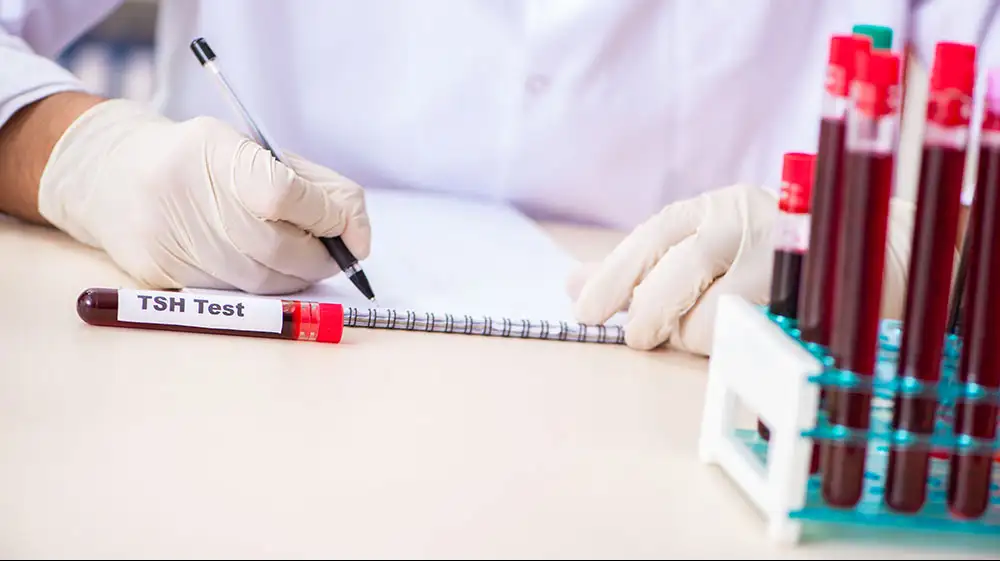Lab Testing Ranges are EXTREMELY Broad!
Why do you still have thyroid symptoms when your lab tests are normal? Why do you have still have thyroid symptoms when your Thyroid Stimulating Hormone (TSH) is between .35 to 5.0, which is the “normal lab range”?
Most likely, your M.D. has only ordered one thyroid test, which is TSH. If you are lucky, maybe he has ordered a couple more. From your M.D.’s perspective, if your TSH level is within that very wide lab range of .35 to 5.0, you’re normal, there’s nothing wrong with you! BUT—and this is a HUGE “BUT”—the OPTIMAL LEVEL or “functional level” for TSH is 1.8 to 3.0. So you could still be “normal” in the medical doctor’s eyes but abnormal in the functional or optimal range.
It’s only when that range is above 5.0 that the medical doctor will put you on a thyroid hormone such as Synthroid or the generic, levothyroxine.
BUT, as I mentioned, in a medical doctor’s eyes, if your thyroid TSH is within .35 to 5.0, YOU ARE NORMAL! There is NOTHING wrong with you. “It’s ALL in your head!” “You don’t need medication, because you don’t have a thyroid problem!” Even though you still may have all the thyroid symptoms: extreme fatigue, hair falling out, etc., you’re NORMAL! Well… you and I both know that you are not “normal”. If you were, you would not be suffering from symptoms! You could be within the “normal” TSH range of .35 to 5.0 but still be outside the optimal range of 1.8 to 3.0. Your TSH level could be at 4.2, and that’s why you’re having the problem; it’s outside the “optimal” or “functional” range. The same is true for any other of the thyroid blood tests such as Total Thyroxine (TT4), Free Thyroxine Index (FTI), Free Thyroxine (FT4), Free Triodothyroxine (FT3) and the three or four other tests that need to be run on your thyroid to get to the EXACT cause of your problem.
If you are sick and tired of BEING sick and tired… schedule a free thyroid consultation today!

